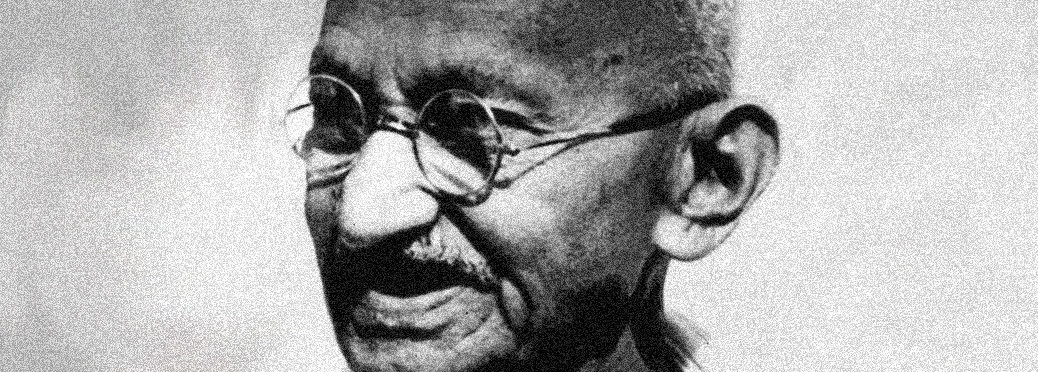by Drew Tekulve
Every man and every woman has a right to believe what he or she chooses to believe. Some people in the world believe in a Supreme Being, while others choose not to believe in a Supreme Being at all. Beliefs can lead to faith, which is an empowering strength evidenced by spirituality and not by physical proof.
Every man and every woman has a right to believe what he or she chooses to believe. Some people in the world believe in a Supreme Being, while others choose not to believe in a Supreme Being at all. Beliefs can lead to faith, which is an empowering strength evidenced by spirituality and not by physical proof.
This faith is the universal power found in almost all religions. It is a source of belief, a source of comfort, a source of empowerment. The faith a Hindu has in a multiplicity of gods is the same as a Christian, or a Jew, or a Muslim having faith in a single god. Beliefs can be diverse, but faith in a Supreme Creator or Creators is the connective tissue that holds religious peoples together.
This is what I am attempting to convey through my composition “The Law and the Lawgiver are One”. I used several samples to portray this idea. To those unfamiliar with electronic music, electronic music includes samples of songs, speeches, or sound effects that are used and experimented with to explore new genres. This is what I attempted to do–experiment with electronic music composition and music production.
First, I sampled a cello piece from Matt Haimovitz’s “Hypercello”, which has an incredible melancholy ambiance. It is reminiscent of a Hebrew hymn or an Arabic prayer where minor keys and dissonant melodies are used to express devotion, love, and reverence to God. This sample has been sliced and rearranged to fit a trip-hop beat.
Lastly, I sampled a sermon that Ghandi, a Hindu, a peacemaker, and the leader of the Indian Independence Movement, gave in 1931. His speech is very endearing and insightful as he thoughtfully speaks of God and His supreme existence. Gandhi’s speech has transcended societal, religious, and cultural boundaries and has been accepted by many religions that profess a belief in a God. He sincerely details his experience in feeling His presence.
These two samples were then overlaid onto a sequenced electronic beat and synthesized chords, which eventually develops into a movement of the composition that is faster, louder, and busier. This was to represent the magnificent Power of God—the great Lawgiver.
The song ends with Gandhi saying, “Just as my denial or ignorance of the existence of an earthly power will avail me nothing, even so my denial of God and His law will not liberate me from this operation…” This is the final stanza of my composition that I focus on. Denying this universal truth will avail nothing to the denier. Even if one’s belief entirely differs from another, having faith in a Creator or a Power is the connective tissue that can hold us together in unity.


